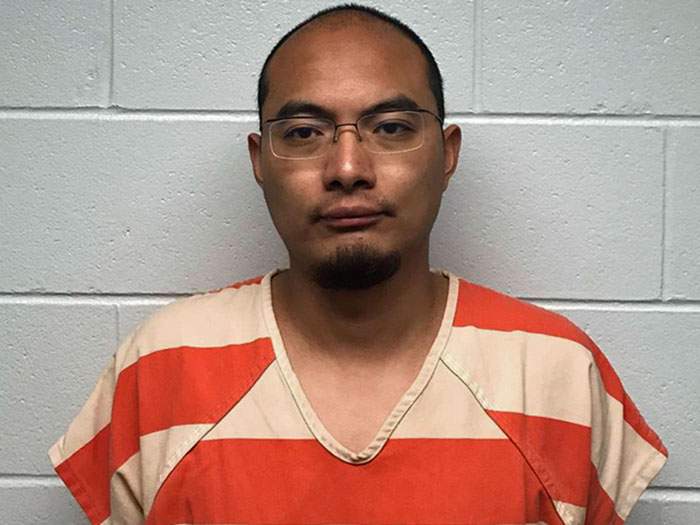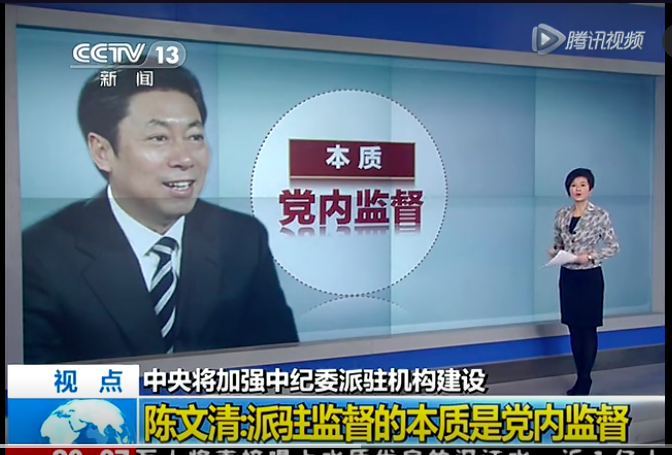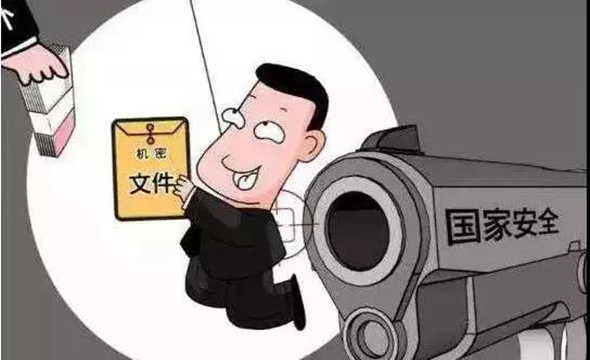Welcome to this first quarterly newsletter focused on research about Beijing’s espionage and influence apparatus.
In this issue, we look at the problems of researching the topic, discuss how internal corruption led to Beijing’s most recent military and intelligence reorganization, and consider how we might improve our response.
First, a quick appeal: I am soliciting financial support for my next book, China’s Secret Wars, From Mao to Now, a narrative account of Beijing’s spy apparatus. The research will involve extensive international travel for interviews, and I will hire graduate research assistants.
Please contact me for details at matthew.brazil@gmail.com or matt.brazil@hushmail.com. I will send a formal book proposal upon request.
Understanding Chinese Espionage
This problem is plagued by a triple whammy.
First, Chinese Communist espionage is understudied compared to similar topics. A high percentage of (nearly all?) scholars in China studies avoid it for fear of losing access to the PRC or offending dangerous people.
Second, the topic is over-sensationalized in our rapid news cycle. When a case arises, media outlets strive to quickly publish exposés ahead of their competitors. Haste, as they say, makes waste.
Third, it is cloaked in a high degree of secrecy by governments and corporations doing business in China. Yes, sources and methods are at issue, but the reticence is enhanced by a desire to avoid upsetting lucrative commercial relations.
These shortfalls cause us to miss large pieces of the puzzle in understanding the history and politics of modern China, a nation we poorly comprehend.
The triple whammy generates more heat than light in Washington, D.C. policy circles. It is a situation akin to the parable of the six blind men and the elephant, each describing the animal differently after touching its side, tusk, trunk, knee, ear, and tail.
If transferred to today’s concern over Chinese spying in America and elsewhere, one might add that those six blind men neither spoke nor read a word of elephant.
The lack of reliable information on this topic makes us all more vulnerable to swallowing hyperbole. This deficit is illustrated by the plethora of books and films in English about espionage in Europe and America versus the very few about Asia.
Observers need a better set of organized facts in order to more accurately evaluate these problems. Governments, the press, and the voting public need to know more in order to improve public accountability, not only of the agencies that protect us, but of Beijing’s leaders.
These words are not meant to promote a book, but rather to urge more scholars with good language training, a clear mind, and a strong stomach to focus their efforts on this problem.
In future issues, this newsletter will highlight those who have already taken up that challenge, discuss trends in research, point out areas that need examination, and promote dialogue.
Chinese Revolutionary Intelligence History, Corruption, and Reform
China has been the hardest of targets for foreign espionage since the communist victory in 1949, and their intelligence and counterintelligence agencies have been the darkest red corner of Chinese communism. Espionage and counterintelligence have long been a core business of the Chinese Communist Party, as we show in our earlier work.
But hitherto, China’s security and intelligence agencies have often endured turf battles, internal corruption, and a lack of interagency coordination. Under Mao Zedong, they were attacked and dismantled during the Cultural Revolution, taking decades to recover. During China’s corruption crisis of the 1990s and 2000s, intelligence and counterintelligence operations were hobbled by internal graft, contributing to high-level penetrations.
Xi Jinping has systematically attacked these problems since his ascent in 2012, leading a drive to restore a modern version of something that Mao Zedong built in the early People’s Republic: “information dominance” (制信息权, zhi xinxi quan) over an increasingly fluid, networked, and technologically sophisticated society.
Moreover, interagency coordination looks more robust than ever under Xi’s Central State Security Commission.
Meanwhile, Xi’s military and intelligence reorganization launched in 2015-16 appears to have resulted in a sharper mission focus by the Ministry of State Security and the intelligence units of the People’s Liberation Army (to be further discussed in an event on 10 February).
The result: an ultra-surveillance state at home, and massive security breaches in the U.S. and allied nations.
As explained by David Chambers, there is no lack of books, films and television dramas in Chinese, produced in the PRC and approved by the party, about the history of CCP intelligence and special operations during the Chinese revolution. Their activities, bathed in founding myth that is a mixture of truth and fiction, are held up to China’s public as examples of militant communist patriotism when China faced grave dangers from foreign powers.
Toward a Better Debate on CCP Intelligence
With sufficient skill in reading and speaking Chinese, a knowledge of modern Chinese history and politics, and patience, it is possible to transcend Beijing’s anodyne official accounts (or their silence) to shed light on at least some operations and figures in modern CCP espionage.
With greater effort, we can produce works about key chapters in Chinese espionage, and foreign espionage in China, up to the level of Ben McIntyre’s excellent The Spy and the Traitor
With better information, we can improve our response to Beijing’s espionage and influence operations.
How can we change what we are now doing? Some groups call on President Biden to end the Department of Justice “China Initiative,” asserting that the very use of the term is racist. A more sober and comprehensive analysis of the last two years of that DOJ program said that:
There is little or no doubt that the PRC (and other countries) are targeting the trade secrets of American companies and confidential government information. There is also no doubt that this represents a threat to the economic well-being of the United States…On the other hand…The vast majority of people of Chinese descent living in this country, especially Chinese Americans, are loyal citizens who contribute greatly to many scientific advances and the economic well-being of the United States. Racial profiling jeopardizes these contributions, and such targeting of an ethnic group has not ended well, the internment of Japanese-Americans being the foremost example.
…the Biden administration and the DOJ should review the China Initiative to determine whether prosecutions and investigations are based on the race, ethnicity or ancestry of the targeted individual, and if so to take remedial action to prevent such profiling in the future. Federal resources should be devoted to economic espionage prosecution and should focus on cases in which the evidence indicates that foreign governments directed the illegal activity under investigation, regardless of what nation is involved.
These are apt prescriptions. When paranoia and racism dominate the discussion, we risk repeating mistakes like the U.S. government’s disastrous handling of the 1950-1955 Qian Xuesen (Tsien Hsue-Shen) case, which gifted China with the father of their missile and space program. It is one apt warning among many of the perils of ignoring facts and losing our collective nerve.
Thank You for Signing Up
Please feel free to forward this email to friends with interest in the topic. An easy sign-up page to subscribe to China Espionage Research Updates may be found at:
https://chipper-composer-6542.ck.page/7697f93ca8
Don’t miss a single issue: each newsletter will be posted at https://www.mattbrazil.net
I welcome tips about hitherto unknown matters.
Other References
https://www.ccpintelterms.com/
https://www.petermattis.com
https://ses.library.usyd.edu.au/handle/2123/8854
Matt Brazil
Contributing Editor, SpyTalk
Non-resident Fellow, The Jamestown Foundation
San Jose, California
Mobile (Signal enabled): +1-408-891-5187
Encrypted: matt.brazil@hushmail.com
https://www.mattbrazil.net/
https://www.usni.org/press/books/chinese-communist-espionage



 An entry from Chinese Communist Espionage: An Intelligence Primer, by Peter Mattis and Matt Brazil, published in November 2019 by the
An entry from Chinese Communist Espionage: An Intelligence Primer, by Peter Mattis and Matt Brazil, published in November 2019 by the